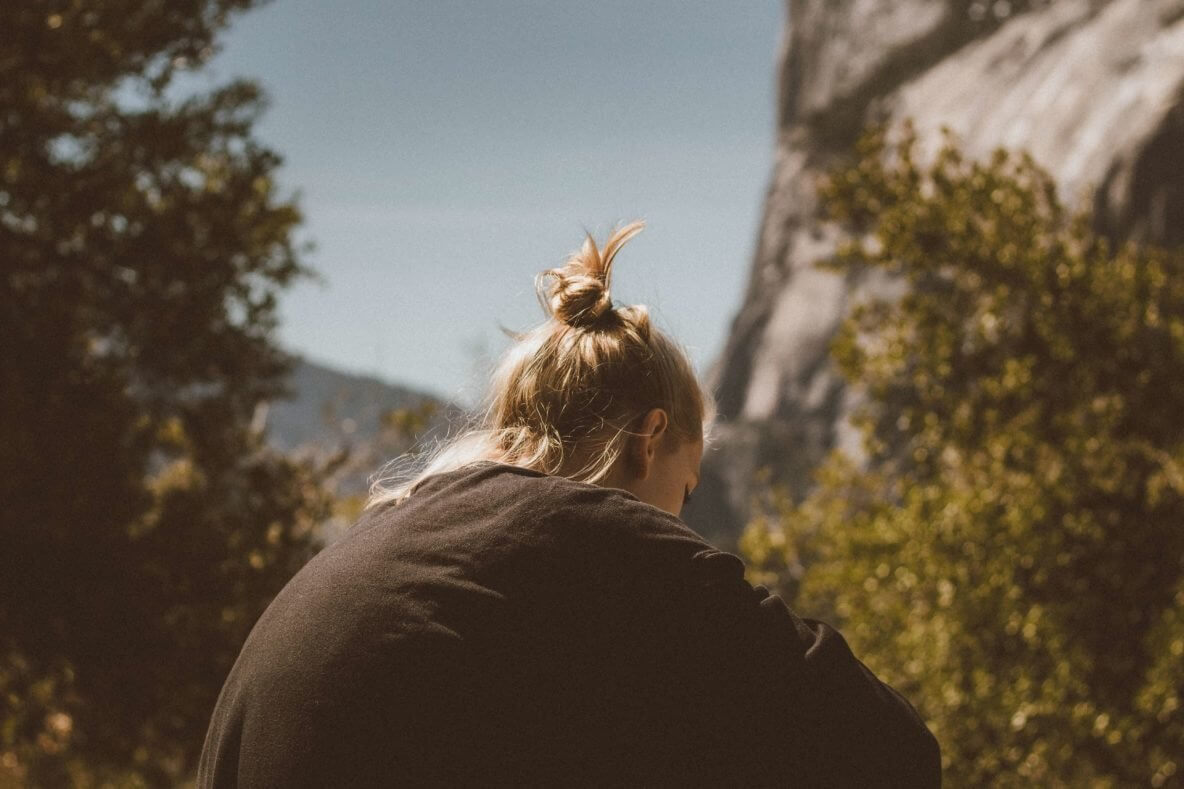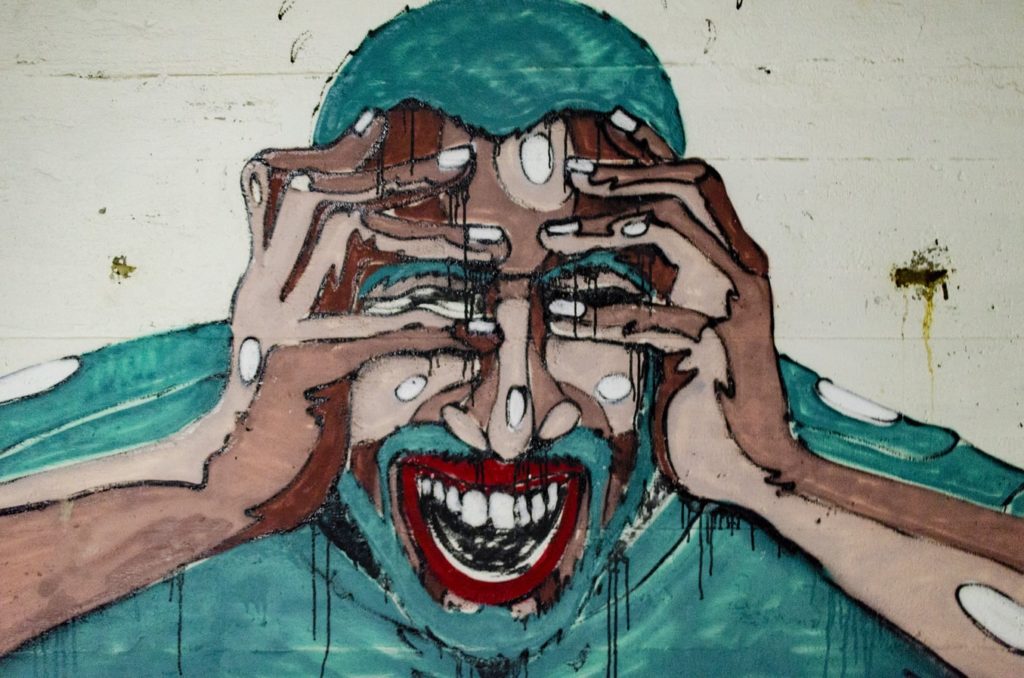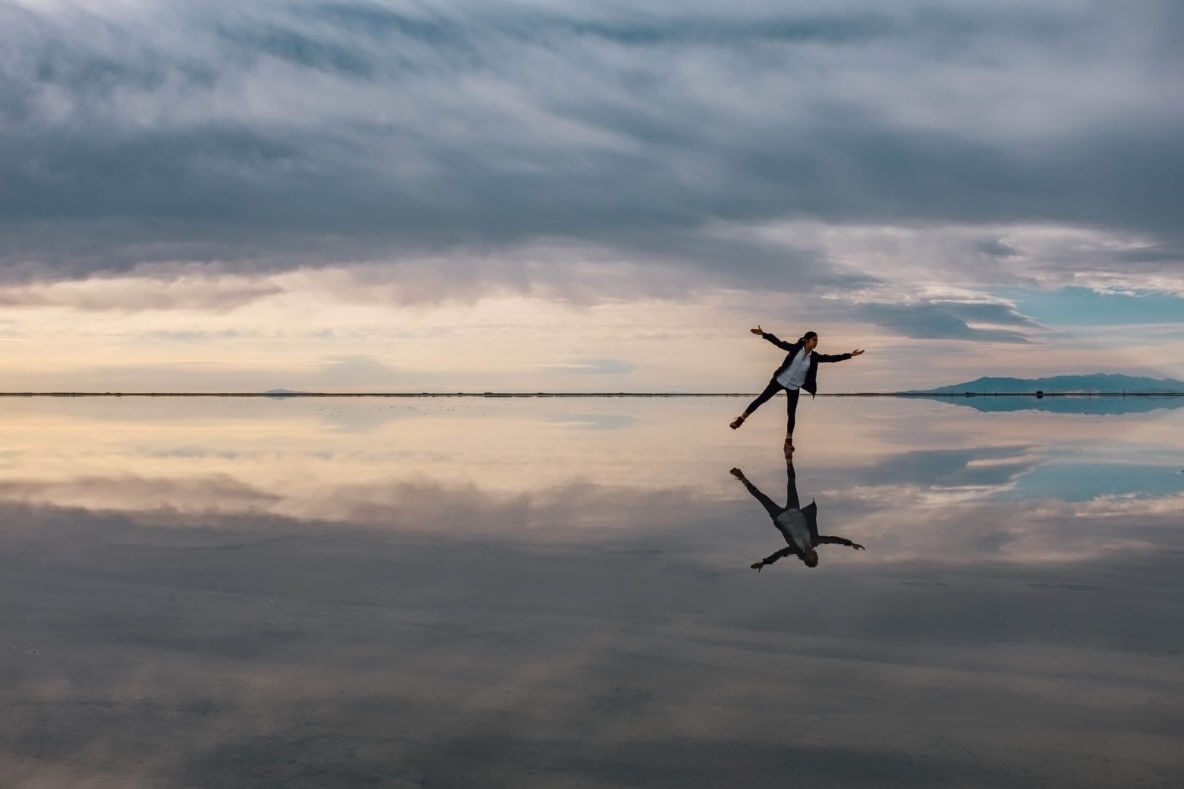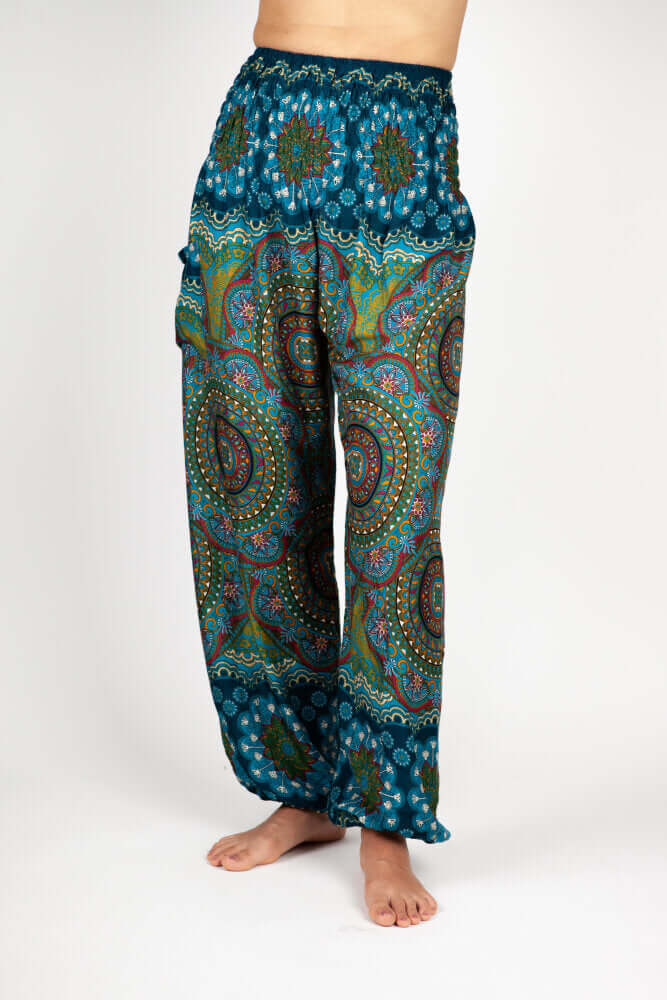
Inhaltsverzeichnis
Eco Anxiety: On the fear of the downfall
Today I would like to talk about “eco anxiety” (and no, this does not mean the fear of ecos ) to clarify. First, a little anecdote from my own life:
A few weeks ago, I was sitting with my friends one evening. We were a little nervous, as we hadn't seen each other in so long. The conversation just flowed—after all, we had a lot to talk about. When we finally got around to discussing the books we were currently reading, a friend suddenly blurted out:
"Guys, you MUST read 'The Story of Water'! Since reading it, I've barely been able to sleep..." By this, she explained to us, she meant that ever since then, she'd been constantly thinking about how our lives could be turned upside down in a very short time. She feared the floods discussed in the book as a result of climate change and the resulting struggles for food and survival.
After she gave us a rough outline of the book's content, we all became entangled in the climate catastrophe theme and slipped into an increasingly dystopian worldview: "It's bound to happen like this..." "We'd better start stockpiling our food now..." "I'd rather not even think about it. Oh God!"
At that point, I also truly felt the so-called "eco anxiety" for the first time. Since then, it has accompanied me almost daily...
What the term means
In the Anglo-American world, "eco-anxiety" is already a well-established term. Personally, I've rarely heard anyone here say they have "eco-anxiety" (admittedly, that sounds a bit silly at first, doesn't it?). Wikipedia defines eco anxiety as follows:
"Eco-anxiety is anxiety about ecological disasters and threats to the natural environment such as pollution and climate change. Variations to the definition exist such as the broader description explaining it as the 'worry or agitation caused by concerns about the present and future state of the environment.'"
Freely translated into German:
“Eco-anxiety is the fear of ecological disasters and threats to the environment, such as pollution and climate change. Variations of this definition view eco-anxiety more broadly; as 'worry or agitation due to concerns about the current and future state of the environment.'”
The term simply describes a phenomenon many of us are familiar with, and gives it a name. Yet this phenomenon is certainly nothing new. Certainly, throughout human history, there have always been people who fear ecological disasters. And yet the term is highly topical: In times of plastic oceans, zero-waste efforts, and "Fridays For Future" (to name a prime example), many can identify with this fear.

A new term – So what now?
So what does the increasing use of this term mean for us? First of all, it makes clear that the consequences of climate change are not limited to the environment and our planet. Our mental health is also affected. This can happen directly or indirectly:
Direct impact on mental health
We already know that experiencing extreme weather conditions is a risk factor for the development of mental disorders.Long-lasting natural disasters such as earthquakes can frequently lead to post-traumatic stress disorder (PTSD). As natural disasters such as earthquakes, hurricanes, or fires occur more frequently, increasing numbers of people are losing their homes, loved ones, or their entire livelihoods. This also makes more and more people more susceptible to developing a mental health disorder, such as PTSD or depression.
Indirect effects on mental health
Indirect effects of climate catastrophe manifest themselves, for example, in eco-anxiety: Even people not directly affected by a natural disaster are seriously concerned about the state of the world and can find themselves trapped in a spiral of anxiety from which they find it difficult to escape. This often involves an apocalyptic image of our planet, coupled with fear of the future and the worry that it might already be too late. Parents of young children also frequently experience eco-anxiety: On the one hand, they feel pressure to teach their children values such as environmental protection and sustainability. On the other hand, they worry about the state of the planet and the world they are leaving behind for their children.
Clinical relevance
Anyone who takes the climate catastrophe seriously probably knows this fear in some form. For most of us, however, the hope that we can change something prevails when it comes to the topic. Eco-anxiety alternates with other topics and thoughts. It exists, but it doesn't control us.
A few, however, are swallowed by this fear: an upward spiral develops, and everyday life is dominated by fear. The consequences can be persistent anxiety, panic attacks, and depression. There are now even some therapists who specialize in this form of anxiety disorder...
Of course, we don't want to hope that eco-anxiety will spread—whether as a "daily anxiety" or as a serious disorder. However, the fact is that the climate catastrophe will, in the short or long term, also have a psychological impact on us. One more reason to take environmental protection seriously!
You will learn how to deal with the fear of an environmental disaster and its consequences and what you can do to reduce your worries. here.
If you would like to learn more about the environment and sustainability, mindfulness or healthy nutrition, take a look here over.
Do you sometimes fear what climate change will bring? If so, what are your concerns? How do you cope with this fear? I would love to hear about your thoughts and experiences!




























Leave a comment
This site is protected by hCaptcha and the hCaptcha Privacy Policy and Terms of Service apply.